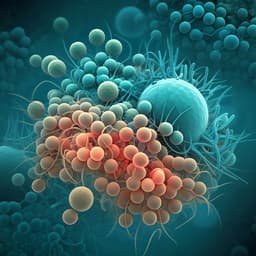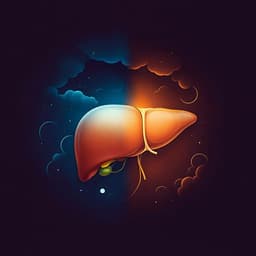
Medicine and Health
Body composition, physical activity, and quality of life in pediatric patients with inflammatory bowel disease on anti-TNF therapy—an observational follow-up study
K. K. Boros, G. Veres, et al.
This fascinating study conducted by Kriszta Katinka Boros and colleagues explores the body composition and physical activity levels of children with Inflammatory Bowel Disease (IBD) compared to healthy peers, revealing significant improvements among Crohn's disease patients during anti-TNF therapy. The findings highlight the importance of monitoring nutrition and promoting physical activity in IBD management.
Related Publications
Explore these studies to deepen your understanding of the subject.







